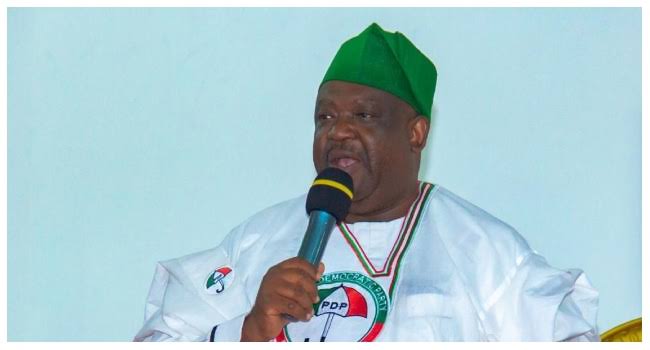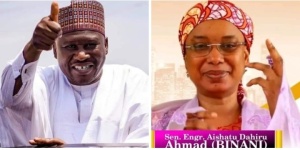In a decisive ruling, the Supreme Court has upheld Barrister Caleb Mutfwang of the PDP as the duly elected and returned Governor of Plateau State, overturning the Court of Appeal’s decision that ousted the Governor due to perceived structural deficiencies at the State Executive Committee level of the party. The judgment, a culmination of legal battles arising from the 18th March Governorship poll, solidifies the legitimacy of Governor Mutfwang’s electoral victory.
Initially, the tribunal had unanimously affirmed Governor Mutfwang’s election in response to a petition from the APC candidate, Goshwe Yilwatda Nentawe. However, a significant twist occurred when the Court of Appeal nullified the tribunal’s decision, citing organizational shortcomings within the State Executive Committee of the PDP.
Governor Mutfwang sought redress at the Apex Court, arguing that the Plateau State High Court order, which influenced the Appeal Court’s decision, could not affect PDP primaries as they are conducted by the National Executive Committee (NEC) of the party, not the state.
The Supreme Court, in its judgment, emphasized that the Court of Appeal lacked jurisdiction to adjudicate on the issue of nomination and reiterated that party primaries are within the exclusive purview of the party’s NEC, not the state level.
In resolving the issues presented, the Apex Court ruled in favor of the PDP, asserting that the party lacked locus standi in the internal affairs of another party. Additionally, the Court addressed the matter of whether the judgment in Bitrus Kaze could prevent the NEC of the party from conducting primaries.
Expressing strong disapproval of the Appeal Court’s interference, the Supreme Court used harsh words to criticize its foray into matters outside its jurisdiction.
The Supreme Court’s decision not only reinstates Barrister Caleb Mutfwang as the rightful Governor of Plateau State but also serves as a safeguard against external interference in party affairs, reinforcing the autonomy of party structures and their decision-making processes. The ruling carries far-reaching implications for the interpretation of jurisdiction in electoral matters.










